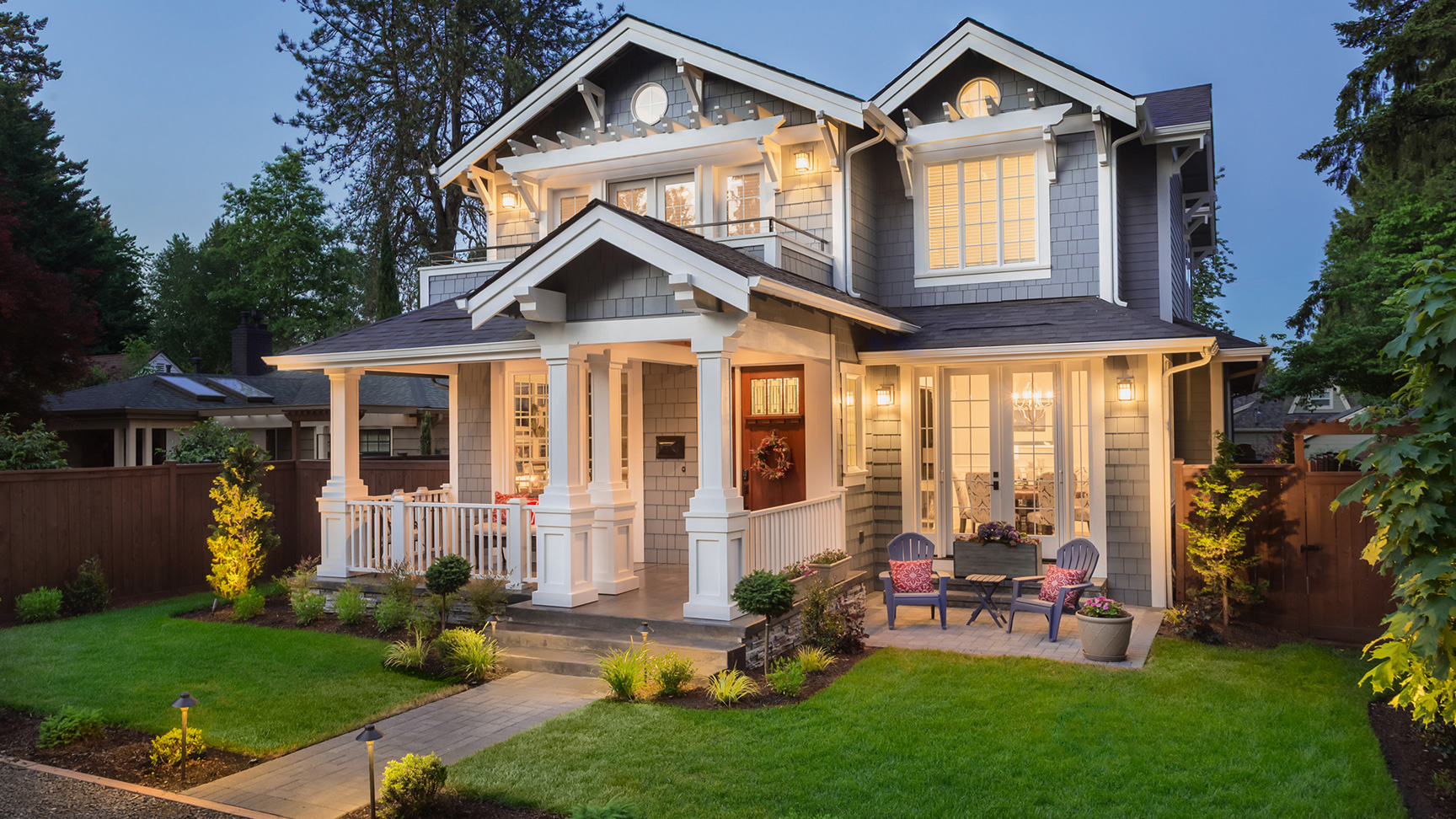
Overview
Ideal for a short-term, non-conforming loan for commercial or investment properties, that doesn’t come from traditional lenders, but rather people or private companies that accept property or an asset as collateral.

Higher Balanced Loan Amounts
A wide range of specialized financing solutions including adjustable-rate and interest-only options.
Credit Score & Debit
You should have a credit score of 700 or more. Your ratio of income-to-debt should be very low (under 43%)
Proof of Cash
You are required to give a proof of your accessible cash in hand which is needed to cover payments.
W2 Employment or Self-Employment
All borrowers require submitting 30 days payslips with W2 taxation forms that stretch to the past two years.
A real solution for your
Commercial
or Investment Properties.
What are Hard Money Commercial Loans?
Hard money commercial loans are often made by private lenders to higher risk borrowers, and to hedge against that risk, the terms of the loans are much less favorable to borrowers than conventional commercial loans.
Conventional commercial loans from banks require a minimum credit score, collateral requirements, and a stringent underwriting process, whereas hard money loans often do not have these requirements. Hard money commercial loans are often short-term, and have much higher interest and fees.
For example, a conventional commercial loan may have a 10-year term and an interest rate between 5-9%. In contrast, a hard money loan may have a 6-month term and an interest rate of 12%. Also, the lender’s remedies if the borrower defaults are often much more severe in a hard money loan. Whereas a conventional commercial loan may provide default interest of 12%, a hard money often is the maximum allowed by law, which varies from state to state. This means that interest is almost ¼ of the loan principal amount of the loan.
Hard money commercial lenders will also charge more for loan origination fees and other fees versus conventional commercial loans.
Hard Money Construction Loans
Hard money commercial loans are often used to fund property flips: a borrower buys a house with the intention of fixing it up quickly, and hopes to earn a profit from selling the house after the renovations are complete. In order to fund the construction, the borrower takes a quick hard money loan so it can hire contractors to renovate the property and market and sell it quickly. Often in this scenario, the lender requires a lien on the home and personal guarantees by the owners of the borrower’s business.
Because these loans are made so quickly, there can be confusion between the lender and borrower about the actual terms of the hard money commercial loans. For example, if a lender and borrower agree to construction draws at specific intervals in the lifetime of the project, these terms should be very detailed in the loan documents to avoid confusion should the loan go into default.
Because these loans are high risk for hard money lenders, many times the lender hopes that the project will not complete so that it can foreclose on the property and flip it themselves, while collecting significant fees from the borrower and guarantors. Also, hard money commercial lenders tend to act much more quickly to collect on their loans. Unlike banks, hard money commercial lenders do not have as much capital, and wish to quickly realize gains on their investments.
To qualify, you also need to show and prove your liquid assets along with cash reserves that should be equal to the mortgage payments for at least six months.





Our team of experts
is here for you.
Request a Quote
Free consultation from a mortgage expert.

Get Pre-Qualified
Be more attractive to sellers as pre-qualified.
Speak to a Loan Officer
Here to help you through the loan process.

Mortgage Calculator
See payment breakdown over different scenarios.
